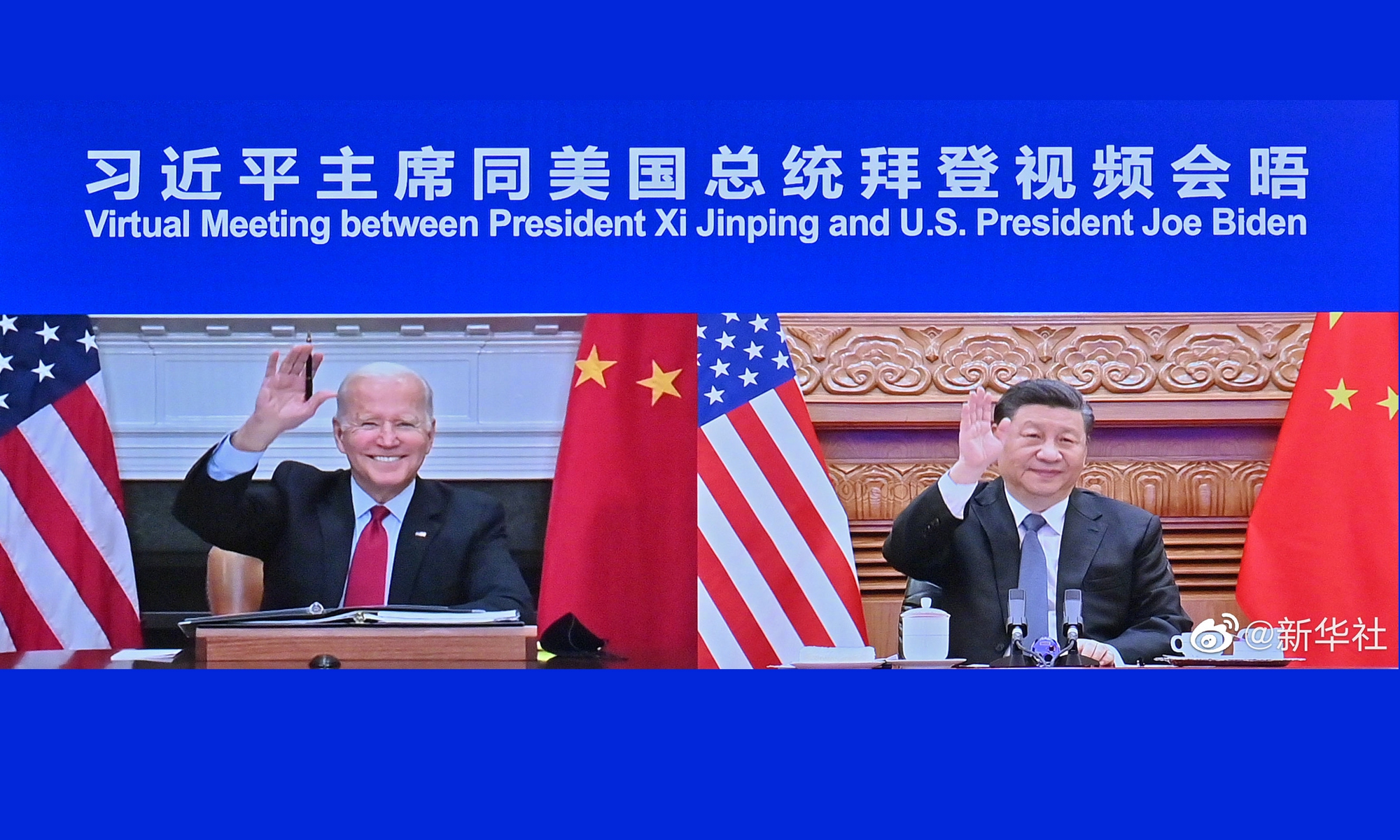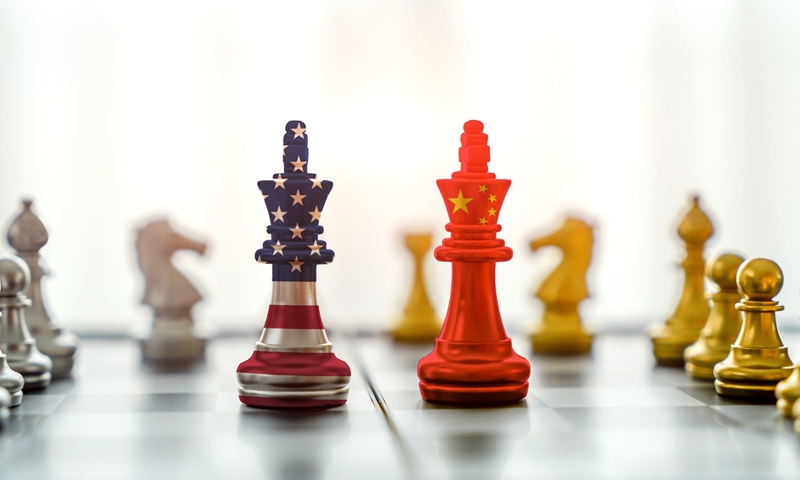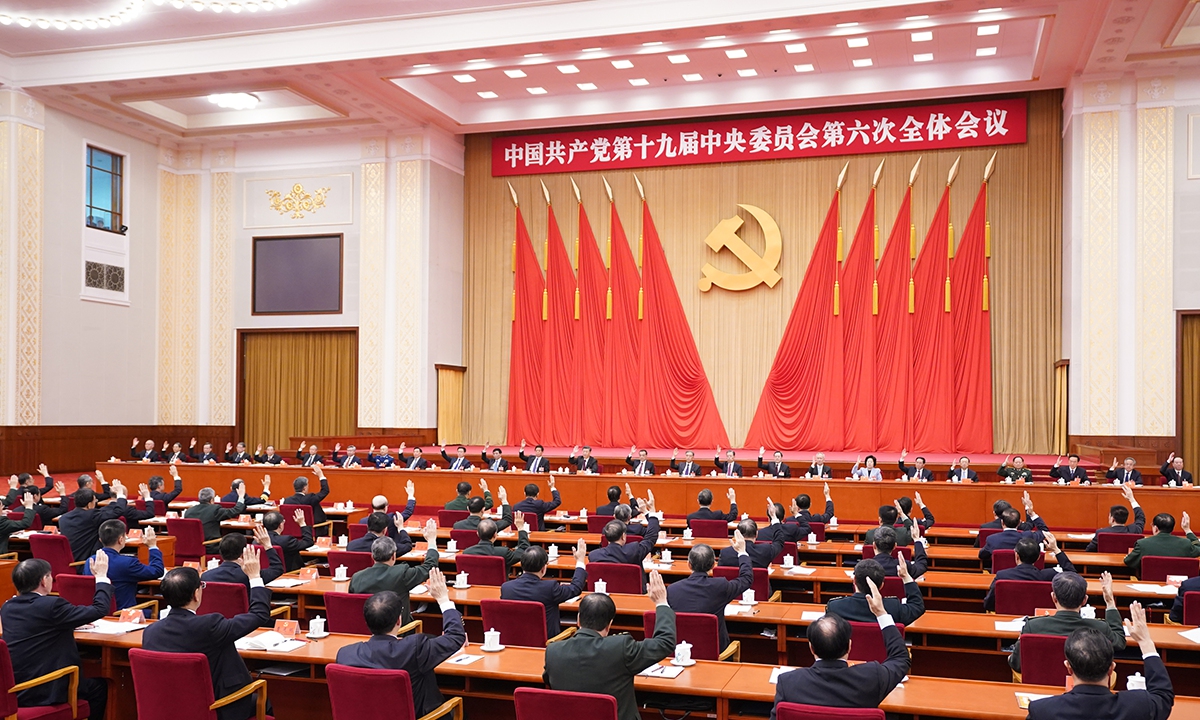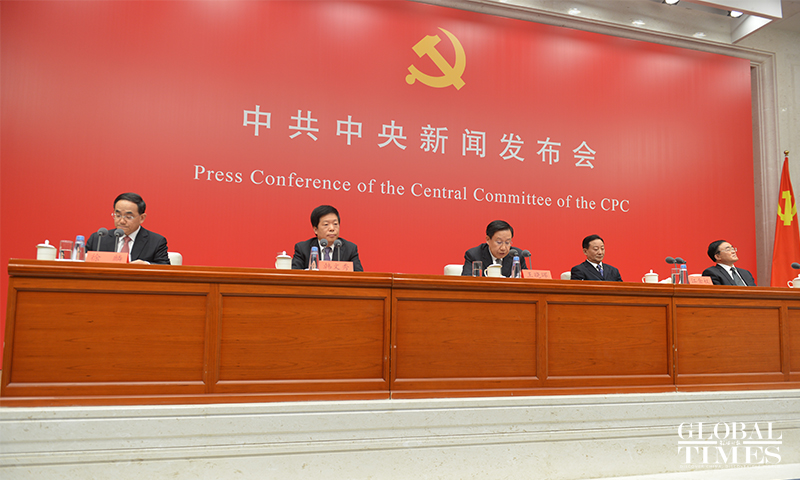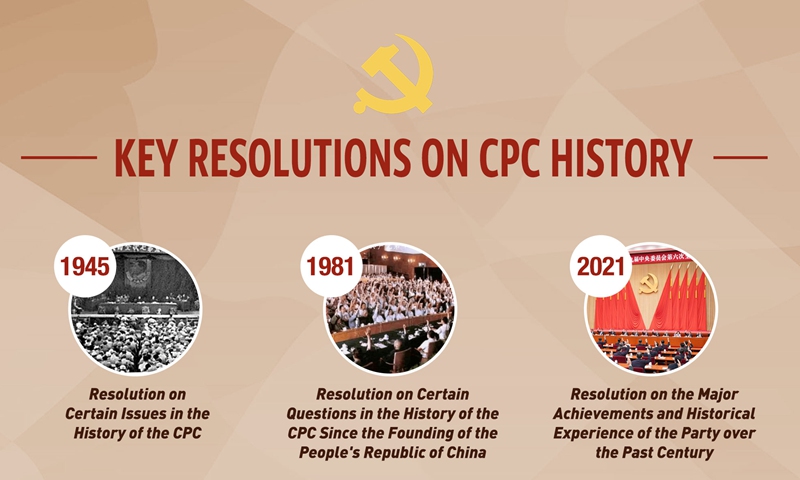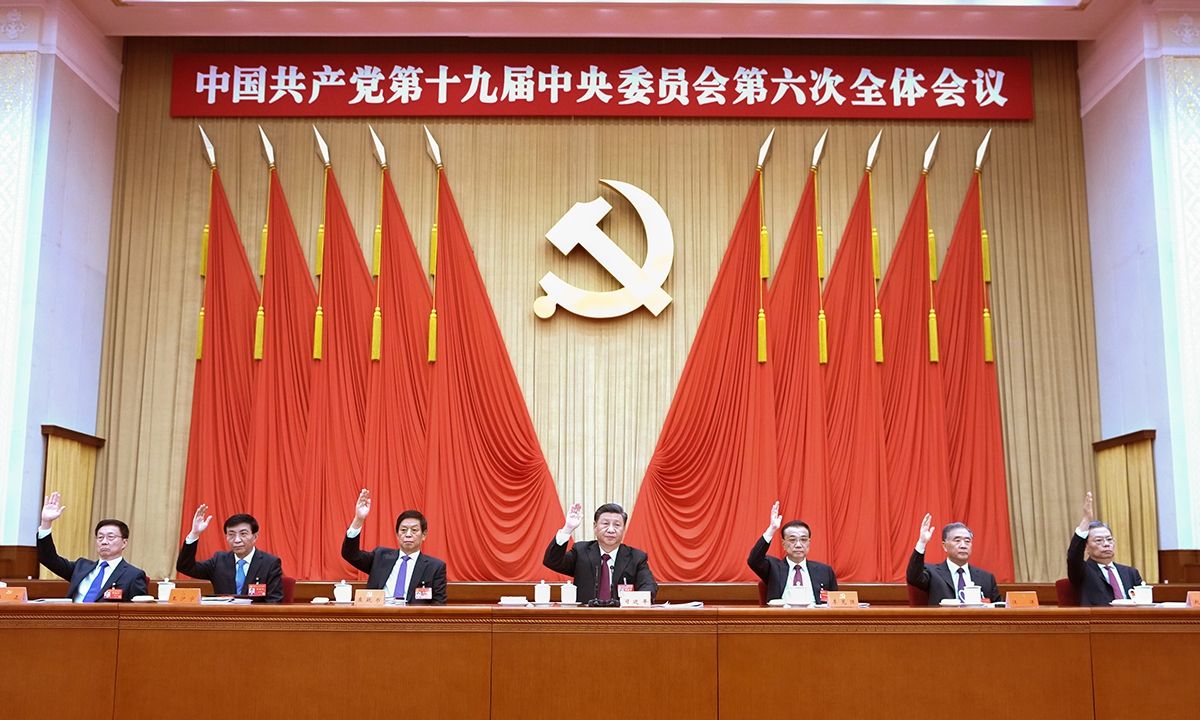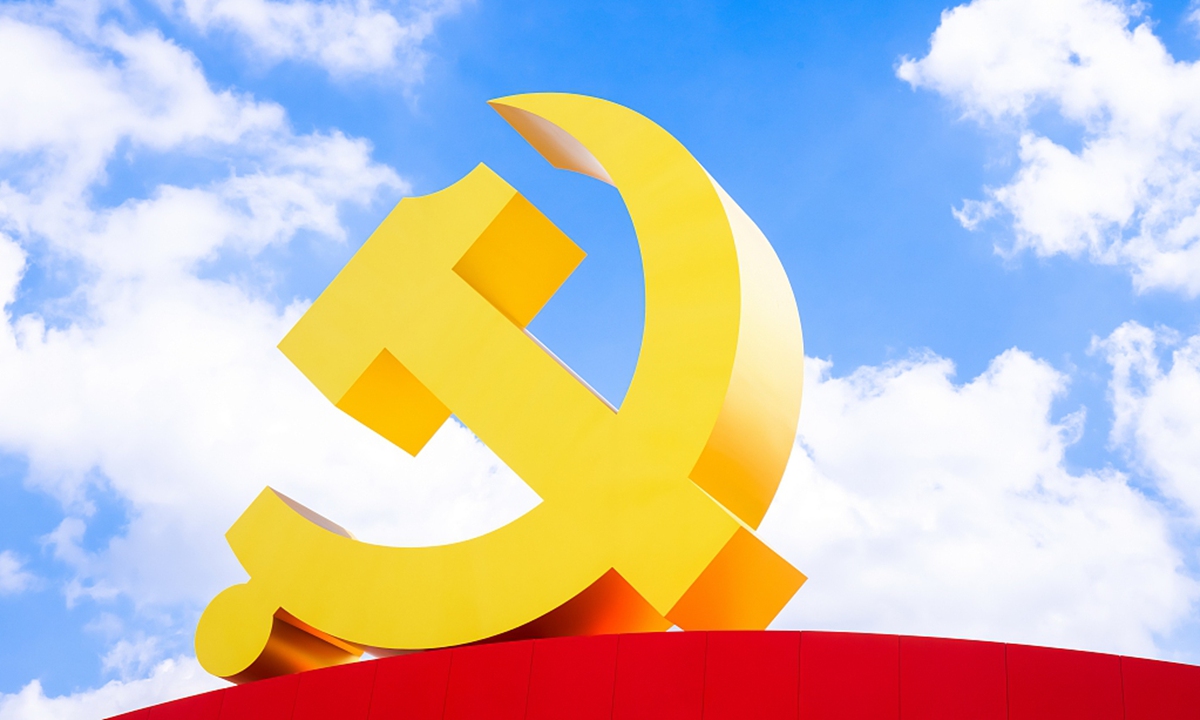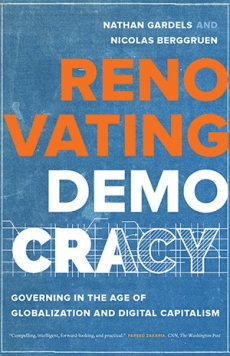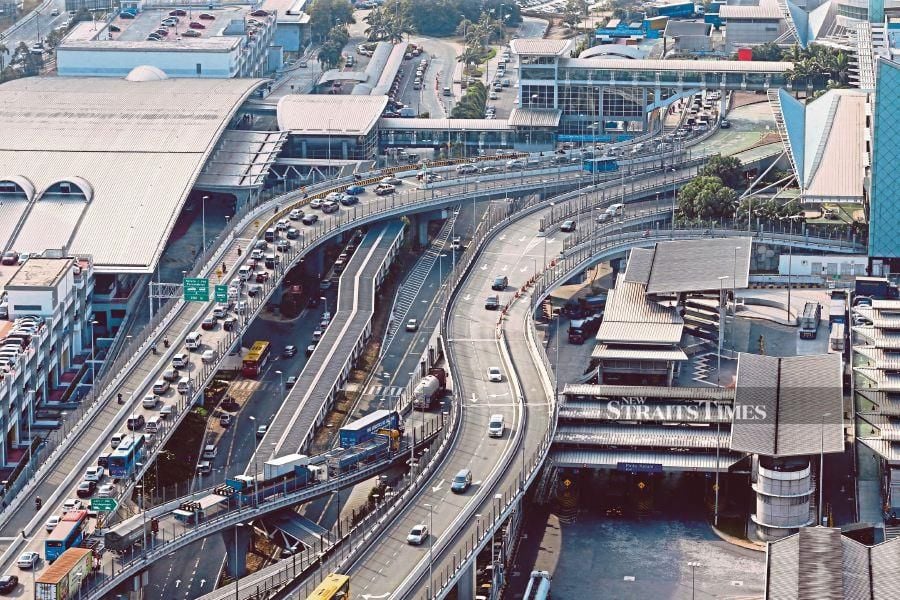
Eligible travelers would be subjected to Covid-19 testing and further health requirements determined by respective country. - NSTP file pic
KUALA LUMPUR: Malaysia and Singapore will simultaneously launch both its air and land Vaccinated Travel Lane (VTL) between both countries on Nov 29.
The Prime Minister's Office (PMO) announced the update today on the heels of the government's preparation to open the VTL between the main airports here and in the republic, and following a dry run held by authorities at the Causeway yesterday.
"Malaysia and Singapore have achieved more than 95 percent rate of vaccinated adult population. This has offered the opportunities for both countries to reopen the land border in a gradual, safe, systematic, and sustainable manner.
"Both Governments are collaborating to launch the Vaccinated Travel Lane (VTL) on Nov 29, 2021. The launch of the VTL-Land will coincide with the VTL-Air that will enhance further bilateral and economic relations between both countries," read the statement from the PMO.
The PMO said apart from workers, the VTL-Land is slated to provide an opportunity for Malaysians and Singaporeans on both sides of the Causeway to be reunited with their loved ones due to lockdown-driven border closures.
It added that the VTL-Land initiative aims to facilitate quarantine-free, seamless cross-border movement while integrating health protocol, security, and immigration clearance.
"Travelers allowed to take part in the VTL-Land are Malaysia and Singapore citizens and Permanent Residents as well as holders of Malaysia and Singapore Long-term Pass.
"These travelers must be fully vaccinated and unvaccinated children below the age of 12 must be accompanied by vaccinated parents or guardians," it said.
Eligible travelers would be subjected to Covid-19 testing and further health requirements determined by respective country.
Currently, the VTL-Land would be limited to only bus transportation as a control mechanism and other modes of transportation will be included in stages.
"The Singapore-bound designated VTL-Land bus services will use Larkin Sentral Bus Terminal (Larkin Sentral) as the boarding and disembarkation point in Malaysia, whereas Queen Street Terminal (QST) as the boarding and disembarkation point in Singapore.
"Both governments have also agreed for a daily quota not exceeding 1,500 travelers at the initial stage, with weekly increments."
Travelers coming into Malaysia using the VTL-Land need to register at https://mysafetravel.gov.my/, while travelers from Malaysia to Singapore, are required to register at https://go.gov.sg/vtl-portal.
The registration is compulsory before purchase of tickets.
Details on the VTL-Land requirements can be found on https://www.miti.gov.my and https://www.safetravel.ica.gov.sg/.
On Nov 8, Malaysia and Singapore had announced a VTL between the Kuala Lumpur International Airport (KLIA) and Changi Airport starting Nov 29.
Under the VTL, fully-vaccinated will be allowed to travel between both countries, and be subjected to Covid-19 tests in lieu of serving quarantine or the stay-home notice.
However, those living in Johor Baru, who make up the bulk of Malaysians who work in Singapore, said that air travel limited their options because it meant they needed to take two flights to get to and from Singapore due to the transit at KLIA.
It was earlier reported that as of 2019, there were 952,261 Malaysians or Singaporeans of partial or full Malaysian origin residing in Singapore.
In addition to the permanent population in the country, about 350,000 Malaysians were crossing the Johor-Singapore Causeway daily to commute to work or school before the pandemic.
This community often includes white and blue collared workers as well as those students attending schools in the republic.
Related News
VTL-Land gets warm welcome | The Star
Related posts:
PETALING JAYA: The health ministry has reported 5,859 Covid-19 cases in the past 24 hours. This comes after three consecutive days of th..


















